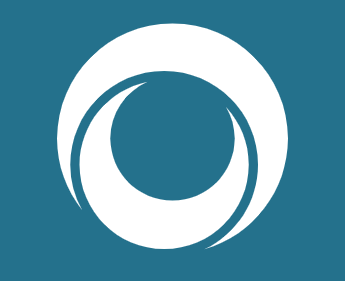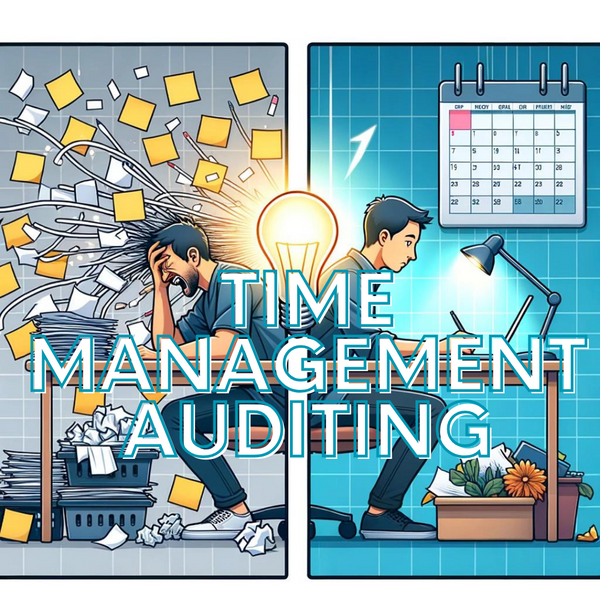Diligent Sunday Newsletter / Issue #21 about Simplification for Amplification
Embrace Hock's Principle for Intelligent Solutions and Amplified Results. Discover how simplicity breeds intelligence, challenges complexity, and unlocks remarkable productivity. Simplify task execution and create environments that foster innovation and critical thinking.
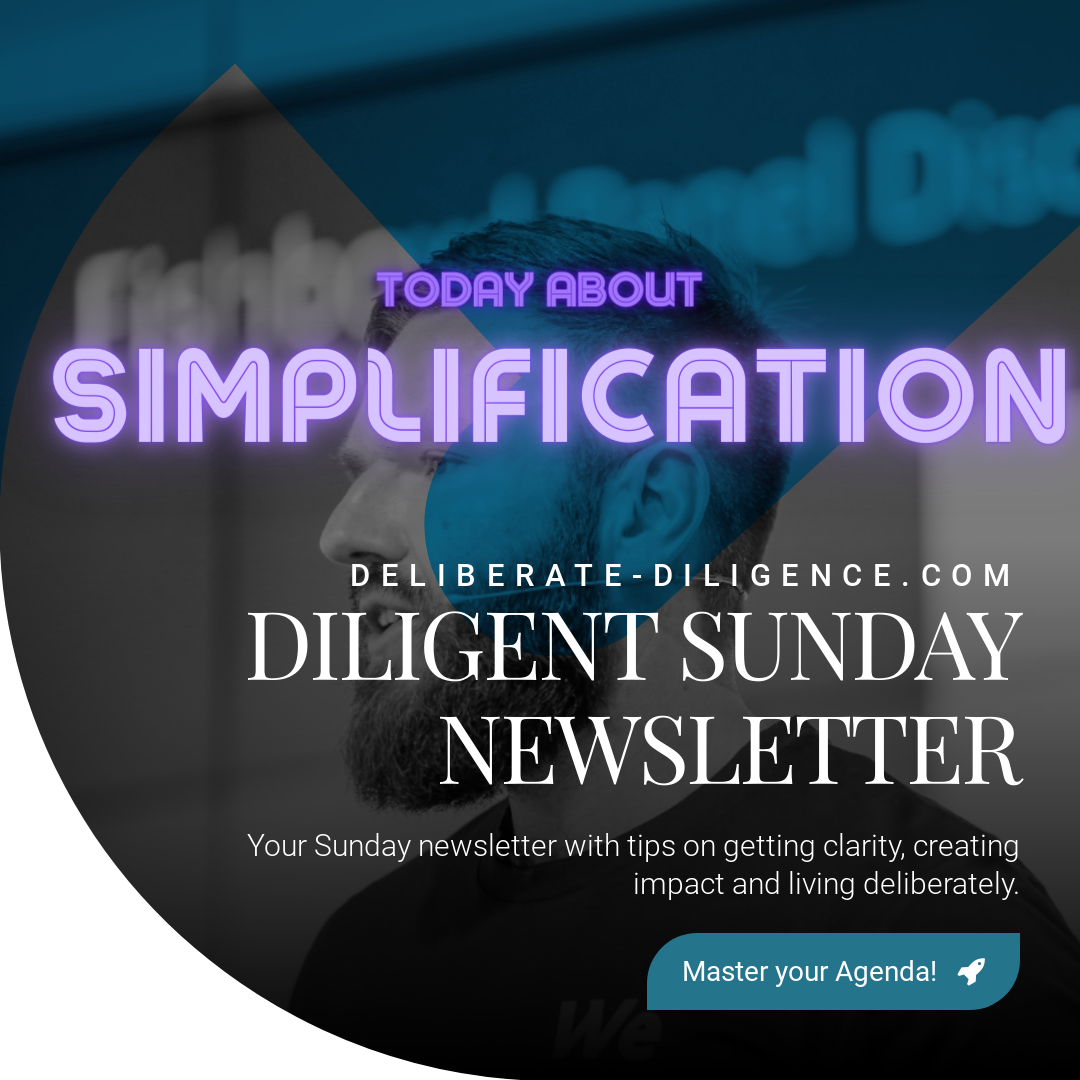
Introduction
Dear Diligent Sunday Readers,
We are entering the 29th week of the year, with 53.6% of the year already behind us. Many readers, especially those in the northern hemisphere, are in holiday mode and travelling. I have just completed a three-week road trip with my wife, exploring undiscovered corners of Germany with our car and rooftop tent.

Now that I am back, I continue to work on the course concept that I announced in one of the previous Diligent Sundays:
"The 4-Hour Workday Time Mastery Protocol" empowers corporate knowledge workers to effectively streamline their workday, enabling them to achieve 8 hours of productivity in just 4 hours, all while maintaining a sense of calm and serenity. This mastery over their schedule allows them to dedicate more time to their health, innovative ideas, passion projects, quality family time, or even building a lucrative side hustle.
One of the initial modules of the course focuses on eliminating certain mindsets that are perceived as "productive" but achieve the opposite effect. In one section, I address the misconception that significant challenges require complex and complicated solutions.
Today's Diligent Sunday newsletter aims to debunk this misconception.
Simplify to amplify.
Best regards,
-- Martin

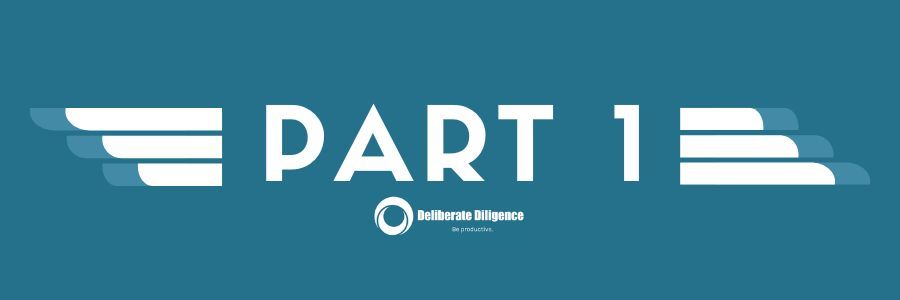
1️⃣ Hock's Principle - Simplicity Breeds Complexity
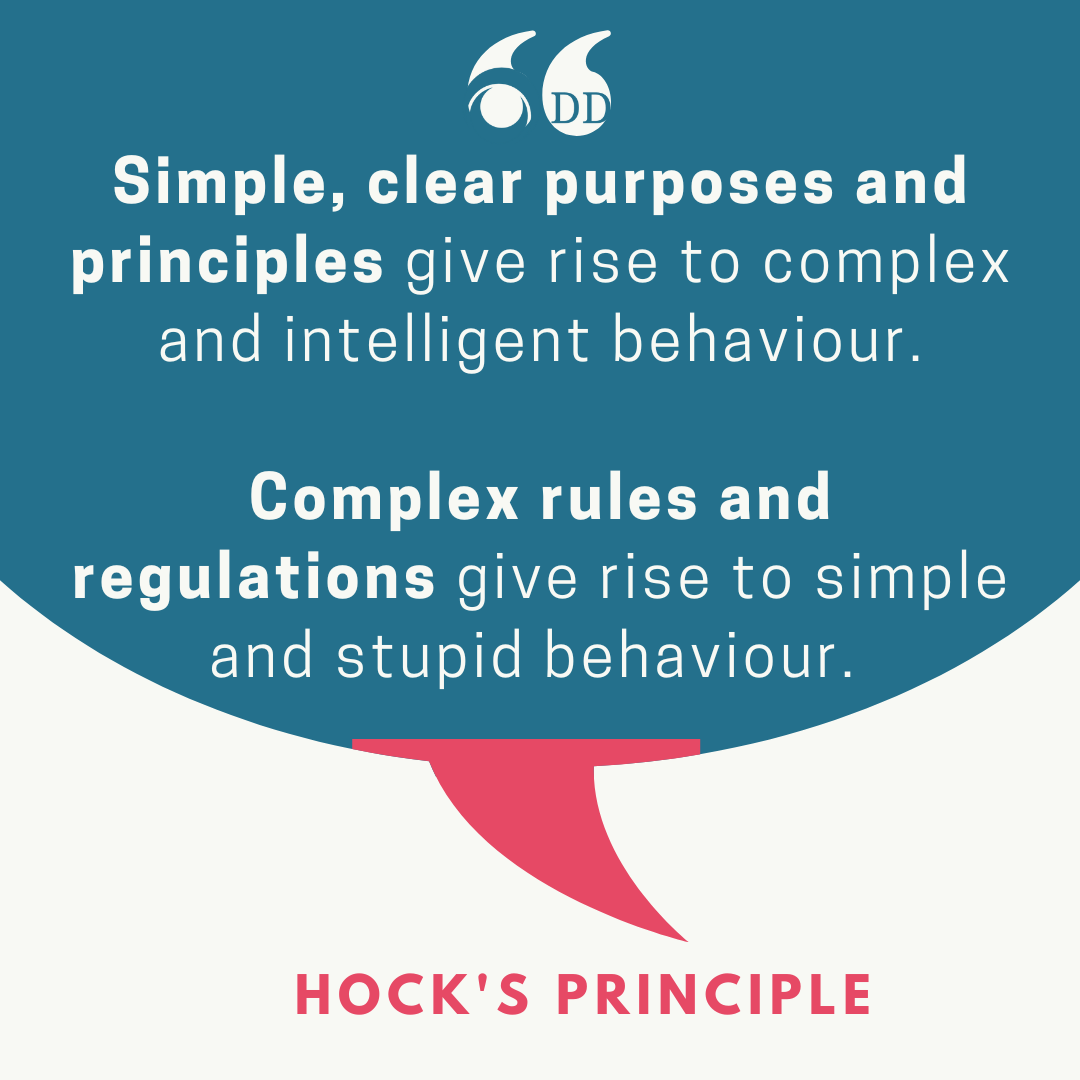
In the realm of systems and organizations, Hock's Principle stands as a beacon of wisdom, guiding us toward a profound understanding of how simplicity can give birth to complexity. In contrast, complexity can result in unintended folly. This Principle, named after Dee Hock, the visionary founder of VISA, is a reminder that the path to intelligence lies in simplicity and clarity.
Hock's Principle states that intricate and intelligent behaviour naturally emerges when we establish a straightforward, well-defined purpose and clear guiding principles. We create an environment that encourages creative problem-solving, adaptability, and innovation by keeping things simple and unambiguous.
In contrast, when we rely on a web of complex rules and regulations, we inadvertently invite simple and foolish behaviour. The more convoluted our systems become, the more they stifle ingenuity and invite unintended consequences. A rigid and bureaucratic approach breeds a culture of compliance rather than critical thinking.
Hock's Principle challenges the conventional notion that chaos demands obsessive control. Instead, it invites us to question whether the solution lies in simplification rather than more rules and regulations. It acknowledges that complete control is an illusion and that attempting to impose it can lead to rigidity and stagnation.
Hock's Principle serves as a reminder for leaders and decision-makers to step back, reassess their approach, and seek simplicity in their systems and processes. Doing so creates an environment where individuals can thrive, ideas can flourish, and the potential for intelligent solutions is maximized.

2️⃣ Simplify to Amplify – Application of Hock's Principle in Task Execution
Hock's Principle originates from the observation of systems and organizations. However, this Principle can also be applied to our everyday task implementation.
Overcomplicating task solutions is a phenomenon similar to our belief that problems should always be solved by adding things while disregarding the fact that removing things is often a much better approach.

It is in our nature to believe that the more complex a solution is, the more valuable it becomes. When faced with a complicated problem, we immediately assume that a complex answer is necessary.
However, this is a misconception: often, the most straightforward solutions are the best because it is easier for everyone involved to focus on the essential building blocks of the solution.
You can think of it like a row of dominoes: if the goal is to knock them all down, you don't need to set every single domino in motion. It is enough to tip over the first crucial domino.

The same applies to our personal goals and work in organizations.
The larger the organization, the more significant the impact when shifting from an overcomplicated mindset to a "Simplify to Amplify" mindset.
Let's take the example of working as an organizational development strategist in a large corporation. Imagine a series of problems: customer projects escalate due to quality issues, unmet contract assumptions, and delivering solutions is much more expensive than anticipated, depleting the profit margin. The workforce is overstrained, leading to a toxic team culture.
An inexperienced strategist would take on all these problems and design a sophisticated organizational development program. They would outline pillars of action, such as process analysis, training programs, communication initiatives, innovation projects, etc., and propose projects for each pillar with corresponding costs and value propositions.
If the program were to be approved, the result would be a multi-year transformation program that further burdens the organization and costs millions of euros. Often, such programs are not approved because decision-makers lack the budget and assurances, rendering the work of the organizational developer pointless. The even worse scenario will be if the program is actually implemented, creating a lot of work for everyone but failing to achieve the desired effects because the organizational focus is diluted across too many issues, and the essential measures are not adequately addressed.
I call this organizational procrastination because it is no different from what we do in our personal lives when we lack clarity about essential tasks (or when we know them for emotional reasons but still ignore them).
An excellent organizational developer would save themselves the effort of spending half a year developing a sophisticated transformation program. They would still address the problems but focus on critical thinking to identify the underlying causes and find common denominators among them.
In the above example, for instance, they would propose the hypothesis that 80% of the problems affecting customers, EBIT, and employees, leading to imperfect processes, stem from a shortage of employees in critical roles who possess a mix of proactive attitudes and sufficient experience. And this didn't happen by chance; it was due to an HR strategy implemented years ago, whereby only average market salaries were paid instead of top market salaries (i.e., exceptionally high salaries for talented individuals were forbidden).
This strategic change was good for below-average and average employees but detrimental to existing and potential talents, resulting in a decline in the company's talent pool over time. The decline was subtle, making it easy to overlook the causality between the lack of talent and the sudden emergence of various problems in different areas.
Recognizing this, the organizational developer can now propose a much better and simpler measure. They have found the first domino that needs to be tipped over and can suggest actions that increase the talent pool in the short term and structurally.
This measure is much easier to decide upon, cost-effective, and does not burden the organization, thus leading to problem resolution in the most direct way.
The same principle applies to our personal goals. If you want to lose weight, you don't need to configure a complicated workout plan. Following the rules of "No processed foods" and "15,000 steps every day" is enough to achieve the desired goal. Focusing on these two rules is much simpler than following a complex weekly workout and meal plan.
When tasked with answering a question from your boss, you don't need to create 30 slides examining the question from all angles. It is much better to answer the question directly, form an opinion, and communicate the why, how, and what. In doubt, a simple email and a brief exchange call would suffice.
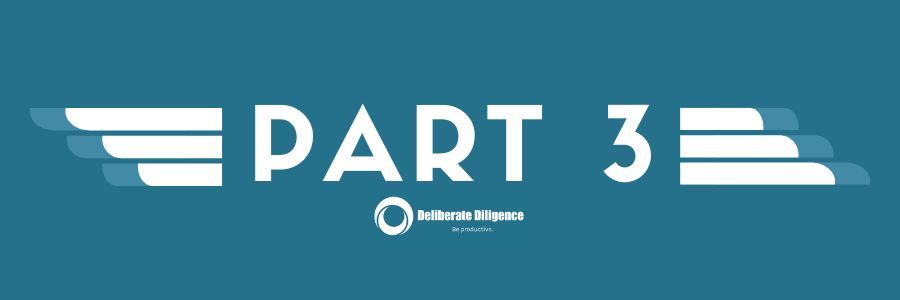
3️⃣ Conclusion: Simplify to Amplify
In conclusion, Hock's Principle is a valuable reminder that simplicity breeds intelligence and practical solutions. It challenges the misconception that complex problems require equally complex solutions and encourages us to embrace the power of simplification.
Whether in the realm of systems and organizations or our personal lives, applying Hock's Principle can lead to remarkable results. By focusing on the essential building blocks of a problem and eliminating unnecessary complexity, we can amplify our efforts and achieve our goals more efficiently.
In task execution, the "Simplify to Amplify" mindset can be a game-changer. We should strive for simplicity instead of succumbing to the belief that complexity equates to value. By identifying the critical factors that contribute to a problem and addressing them directly, we can save time, resources, and energy while maximizing the effectiveness of our solutions.
By embracing Hock's Principle, leaders and decision-makers can create environments that foster innovation, adaptability, and critical thinking. They can break free from rigid and bureaucratic systems and embrace simplicity, allowing individuals to thrive and intelligent solutions to emerge.
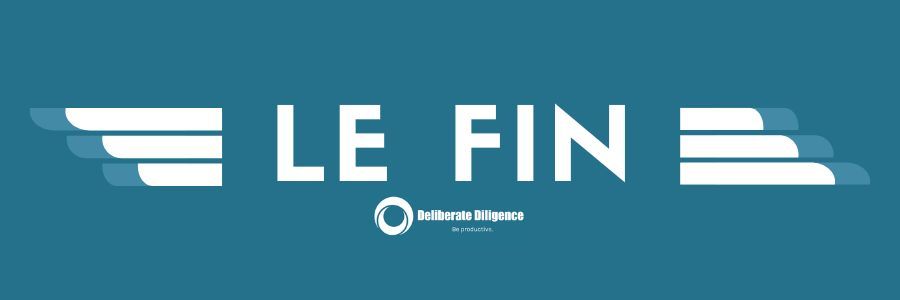
So, as we continue our journey through the year, let us remember the wisdom of Hock's Principle and apply it to our work and personal lives. By simplifying our approach, focusing on the essentials, and eliminating unnecessary complexity, we can unlock new levels of productivity, creativity, and fulfilment.
Here's to a future where simplicity reigns, and intelligent solutions abound. May we all embrace the power of Hock's Principle and thrive in a world that values clarity and effectiveness.
Feel free to add tips and thoughts to this page's comment section or LinkedIn!
Best regards,
-- Martin from Deliberate-Diligence.com


